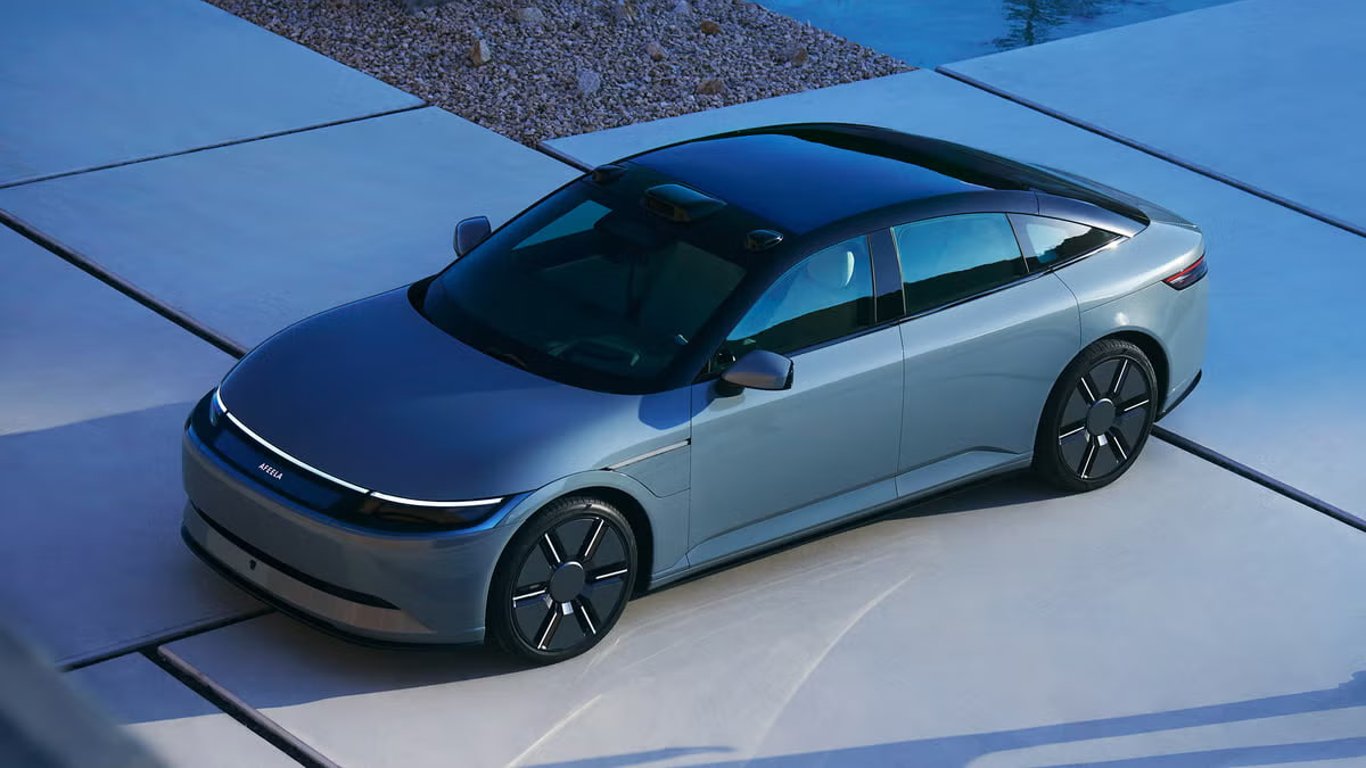Why the new electric car from Sony and Honda is already at a loss.


The Afeela electric vehicle from Sony Honda Mobility, which has yet to hit the market, has already suffered impressive losses of $362 million. The Japanese joint venture demonstrates how difficult and expensive it is to enter the high-quality electric vehicle market.
This was reported by the publication Autokult.
During 2024, Sony Honda Mobility incurred operational losses of $143 million. However, this amount has now more than doubled.
Belief in the Future
The new Afeela electric car will be equipped with up to 40 lidar systems, sensors, and cameras that will ensure the smooth operation of support and safety systems.
Afeela features two electric motors of 241 hp each, which will operate from a 91 kWh battery. This should be sufficient for approximately 480 km on a single charge. The charging speed is 150 kW. This is quite good, but there are already more attractive options on the market.
Nevertheless, Honda and Sony believe in the success of their project. They are counting on the combination of Honda's experience in engineering with Sony's technological innovations in software and entertainment to surprise customers and convince them of their offer.
The Sony Honda Mobility company has suffered significant losses of $362 million even before the release of the Afeela electric vehicle to the market. This indicates the challenges and costs of entering the luxury electric vehicle market. Despite this, Honda and Sony are confident in the success of their project, combining the experience and technologies of both companies.Read also
- Buying an Apartment in Lithuania as a Foreigner — What Expenses to Expect
- The Law Has Allowed - Who Can Avoid Paying Taxes When Selling Property
- Mobile internet will become more expensive - who among Ukrainians will pay more
- ATB and Silpo Sharply Reduced Prices on Products - What Costs Less
- Watermelons, cherries, and plums — how prices have changed in stores in Odesa
- For Ukrainians, preferential roaming rates in the EU have been extended









